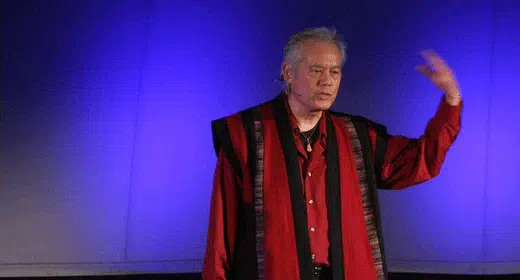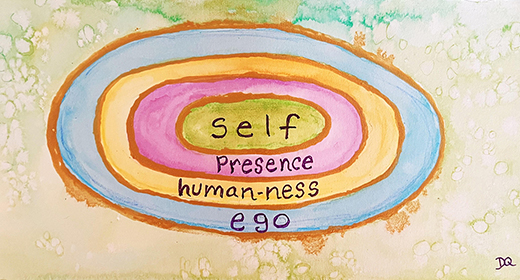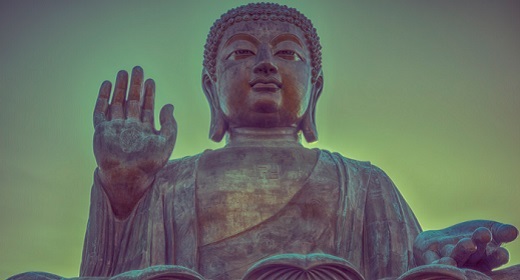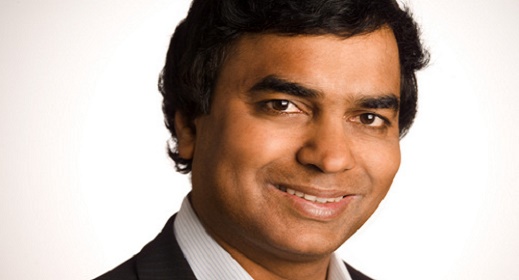By Ellen Kramer: Samuel Hahnemann was a German physician who became disillusioned with the current practice of medicine at the time i.e. blood letting, and the use of highly poisonous substances like mercury,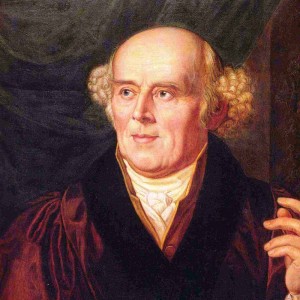 and began looking for more reliable modes of treatment, and clearer explanations for their use. He began to experiment on himself by taking various medicinal substances and logging their results, partly by intuition and logical reasoning. He deduced that substances that caused symptoms in a healthy person could remove similar symptoms exhibited by a dis-eased individual.
and began looking for more reliable modes of treatment, and clearer explanations for their use. He began to experiment on himself by taking various medicinal substances and logging their results, partly by intuition and logical reasoning. He deduced that substances that caused symptoms in a healthy person could remove similar symptoms exhibited by a dis-eased individual.
This has become known as the ‘Law of Similars’. (Simila Similibus Curantur – likes are to be cured with likes). It took him 15 years to devise this system of treatment but by 1810, the first ‘Organon’ had been completed. (He revised it six times, always learning and modifying it a she went).
The Organon contains the principles and laws upon which Homeopathy is based: (unfortunately it is very difficult to read as it is written in an old fashioned academic style! and is not at user friendly).
Homeopathy comes from the Greek word: Omio-meaning the similar Pathos-meaning suffering (The similar suffering)
Within homeopathy, controversy rages regarding the fifth and sixth edition of the Organon, and interpretations of the differences between them. There are those who believe the sixth edition substantially changes the practice of homeopathy. J.T.Kent (the founding father of the ‘classical school’ ) did not have access to the sixth edition, so although his work is so influential within homeopathy, it is really Kentian homeopathy.
Hahnemann believed that approaches to disease must be studied from the viewpoint of ‘Vitality’, (the life and health of an individual.) and not from the study of disease and the suppression of symptoms. Homeopathy is both an art and science. Its basic philosophy is to analyse disturbances in the human experience from a vitalistic point of view.
Basically Hahnemann’s argument is that we have a vital energy that will keep the body not only alive, but healthy, unless it is disturbed in some way. Disturbance will manifest itself as some physical, emotional or mental problem. Allopathic medicines tends to treat the ‘problem ‘ by attempting to suppress it. However as this is the body’s warning light, this approach is akin to taking the bulb out of an oil warning light in your car. It does not solve the underlying problem and will lead to other more serious ones. He believed we should be looking to support the natural vital force in its work.

